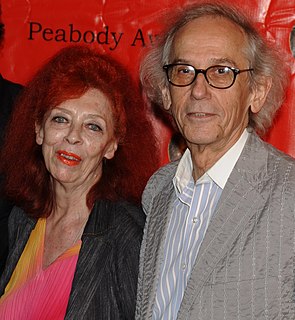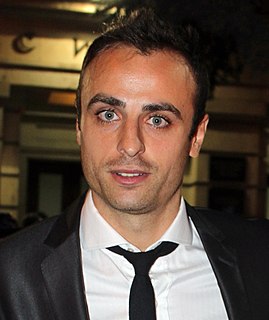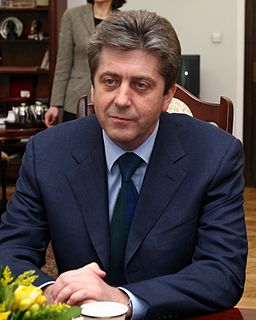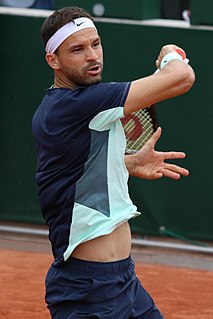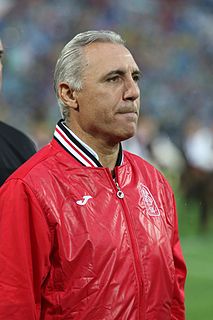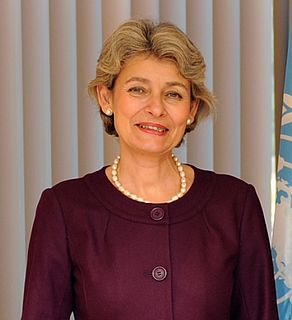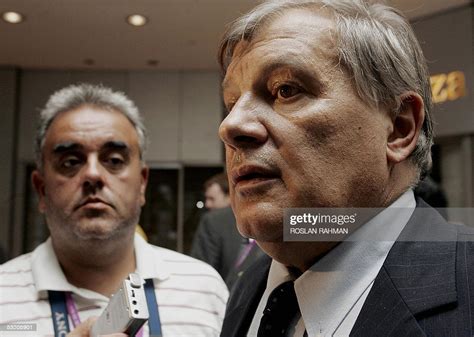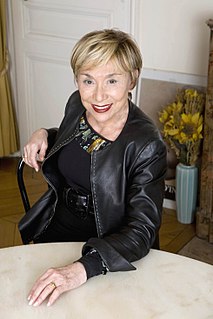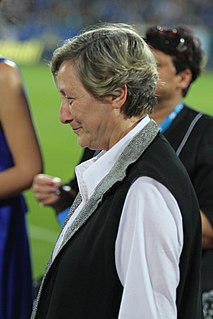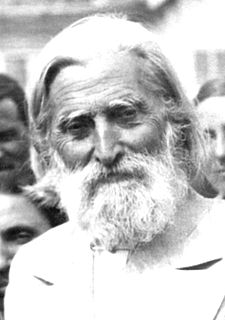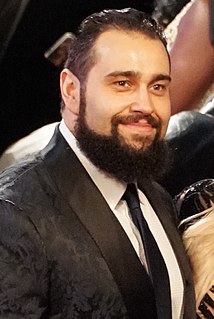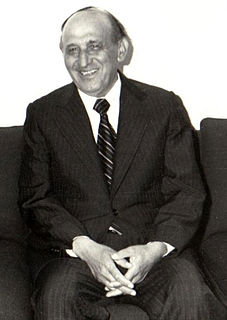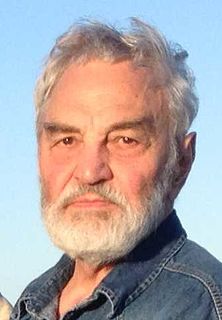Top 19 Quotes & Sayings by Miroslav Penkov
Explore popular quotes and sayings by Miroslav Penkov.
Last updated on November 21, 2024.
I have done literary translation because the University of Arkansas, where I did my MFA, was program of creative writing and translation, and it's a very different experience. You're trying to honor the writer. You shouldn't allow yourself, for example, to encounter a sentence that's three lines long and break it up into four smaller sentences.
I think that's the nature of the region, not even simply Eastern Europe but the Balkans. They are their own region. They are a peculiar place. They do share a history that we don't share with a country like Ukraine for example, and that's because of the presence of the Ottomans for hundreds of years.
Quiet, moving, masterfully crafted. Such are the nine stories in Venus in the Afternoon. Tehila Lieberman writes with precision, restraint, with a compassionate heart. She inhabits her characters, young or old, men or women, honestly, but without judgment, until they rise off the page and stand before us breathing and alive. New York, the Atacama desert, Amsterdam or Cuzco in Peru, the settings in Venus in the Afternoon are just as varied as the lives which they contain. A wonderful collection, one that will stay in your mind long after you have bid it goodbye.
That's one of the things I wanted to explore, the idea that I don't agree with one bit, that to be Bulgarian is to be Christian and if you're Muslim you're a Turk. It's that sort of line of reasoning that's causing a lot of trouble. Because what does religion really have to do with anything? It's just a bizarre question.
All these wars, all these territories. For example, Macedonia is a disputed territory, and there are people directly to the west of Bulgaria who are in Serbia now because of where they lived when the borders were drawn but who are Bulgarian. It makes the Balkans an insanely interesting place to explore.
I was really interested in the ritual of fire dancing. I saw it when I was a kid. My parents took me to the Black Sea, it was like a tourist attraction. I think it would be hard to find a Bulgarian who is not familiar with the image. I started reading about it, and I found out there are only two villages in Bulgaria were they still do it properly, where it's not for tourists, and they were both in the Strandja Mountains.
I never wanted to write about Bulgaria. When I was still living there I did my absolute best to never write a story with a Bulgarian character with a Bulgarian name, and only after I came to the US and I was far away and missing it a great deal did I realize that writing about could be my way of returning back home. I think it was only through my writing that I fell in love with the country and with the history.
I'm a big believer in the collective unconscious. The idea that there is a deep connection between all of us that goes back to our ancestors and forward to the people who will come after us. It's essentially the job of the artist to anchor that nebulous space, and I think that's what a writer does: goes to that strange place and brings back these little trinkets. The unspoken experience percolated throughout the generations allows you to have knowledge of things you wouldn't know first hand.
What's great about symbols, what a writer can do with them is provide a really vivid, interesting image, and the reader will do the rest of the work. That's always been very interesting to me. Like if I just introduce the storks, I don't have to say what they mean because the reader will do that. And if I bring in the dark history of the region, other trends come up, for example how in ancient Egypt they are associated with the souls of the dead. You can surprise yourself by introducing an image and then see how developing the story fills it with meaning that is suddenly new.
I don't find English restrictive, but it brings a level of discipline to my writing that I wouldn't have in Bulgarian. My control of English, however you define it, my ability to work in English, is more limited than in Bulgarian. That means out of necessity I have to develop a style that goes for clarity of expression which I may not have done otherwise.

